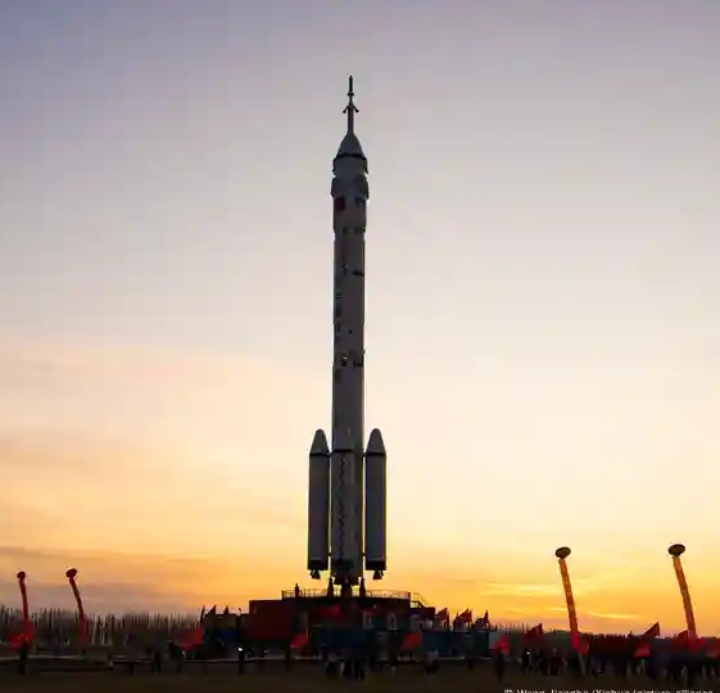China launched three astronauts to its Tiangong space station to replace the current crew. The mission focuses on spacewalks, station maintenance, and experiments, including studying planarians for potential medical advancements. China aims to become a leading space power, with plans for a Moon mission by 2030. It has also signed agreements with Pakistan for astronaut training and collaboration.
China Sends Three Astronauts to Tiangong Space Station for New Mission


On Thursday, China launched three astronauts to its permanent space station, Tiangong, to replace the crew that has been stationed there since October of last year.
The Shenzhou-20 spacecraft lifted off from the Gobi Desert in northwestern China at 5:17 p.m. local time (0917 GMT), as reported by state media. The current crew aboard Tiangong is scheduled to return on April 29th, with crew rotations typically taking place every six months.
China is determined to position itself as a major space power, with plans to send a crewed mission to the Moon by 2030, establish a base there, and explore Mars. To achieve what President Xi Jinping has described as the Chinese people's "space dream," Beijing has invested billions of dollars into its space program in recent years.
The crew on the Shenzhou-20 is led by Chen Dong, an experienced astronaut who has already completed two missions and is now flying to space for the third time. He will be accompanied by former air force pilot Chen Zhongrui and engineer Wang Jie, both of whom are making their debut spaceflight.
In addition to conducting spacewalks and general maintenance on the Tiangong space station, the crew's tasks will include installing protective equipment to safeguard the station from space debris, a growing concern for space activities. The astronauts also plan to carry out experiments in both physics and medical sciences. Notably, they will bring planarians, a type of aquatic flatworm known for its remarkable regenerative abilities, aboard the station for the first time.
Lin Xiqiang, deputy director of China's national space agency (CMSA), explained at a press conference on Wednesday that the results of studying the planarians in space could help address problems related to injuries sustained in space environments.
China's exclusion from the International Space Station, due to a ban on collaboration between NASA and Beijing imposed by the United States over national security concerns, has led China to seek space partnerships elsewhere. In February, Beijing signed an agreement with Islamabad to send the first foreign astronaut to Tiangong. On Wednesday, China's national space agency announced that two Pakistani astronauts would be selected for training in China.

 বাংলা
বাংলা  Spanish
Spanish  Arabic
Arabic  French
French  Chinese
Chinese 
